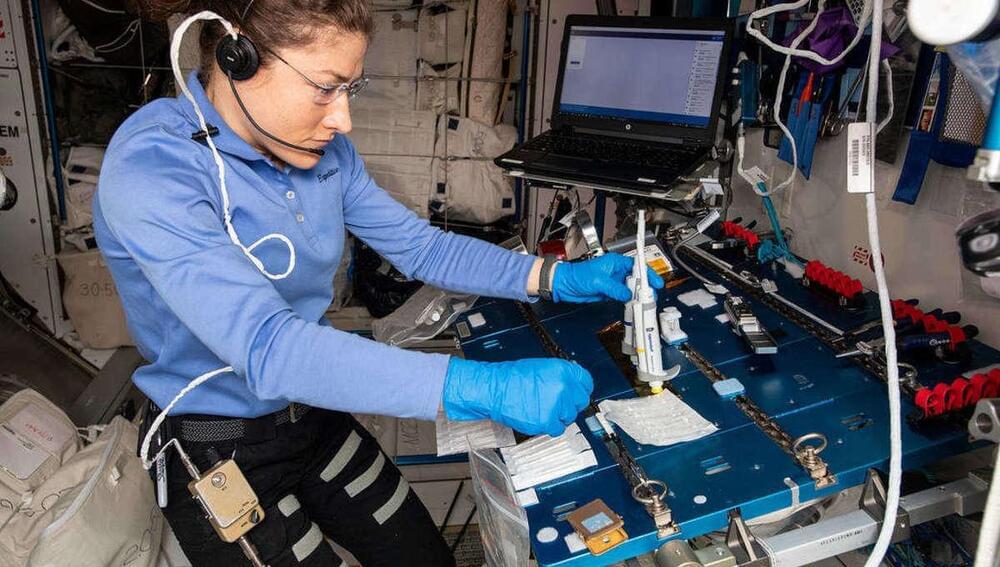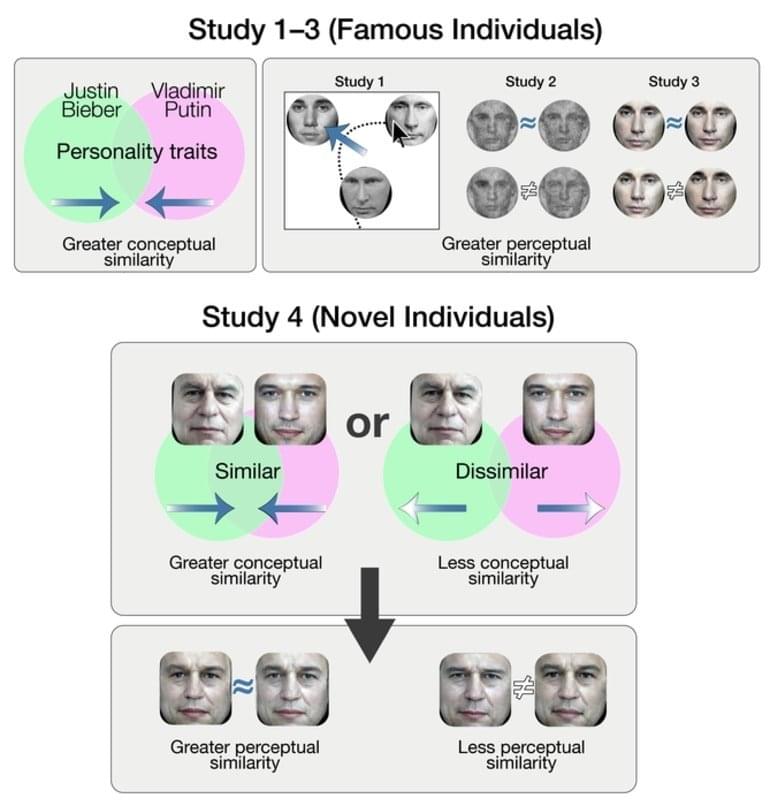The game is the ORIGINAL Kabbalah imo. Here is Hymn to the 10 Bau of Amen from “The Slates of Zizyphus“
Awake being rested, May you awake in peace!
May Amen awake in life and peace.
May (name) awake in peace!
[FIRST bA] “bA in his ever-lasting flame“
Horus who is in the Nomes {districts}
Who illumines the Two Lands.
Bull who ejaculates Nun.
Who lives eternally.
In his name of Rah, Every day.
[SECOND bA] “bA in his Left Eye“
The one living of births in his left eye.
Whom everybody loves.
In his effective form of Moon.
God of hearts and minds.
[THIRD bA] “bA of Shu“
It is in allowing throats to breathe, That he spits out wind.
In his name of Amen-who-endures-in all-things.
The Ba of Shu for every God.
[FOURTH bA] “bA of Osiris“
Body of life who creates the “wood-of-life“
Neprii who floods the Two Lands.
Nobody in the circuit of the Two Lands lives without his knowledge.
In his name of Nun the Elder.
[FIFTH bA] “bA of Tefnut“
The b3-ram who is in his Mhn-serpent.
Who illumines by means of his brilliant eyes.
Whose torch-flame encircles him in the earth.
In his name of Res Wedja {Osiris}
God who creates the morning-light.
[SIXTH bA] “bA of the Living Royal Ka”







